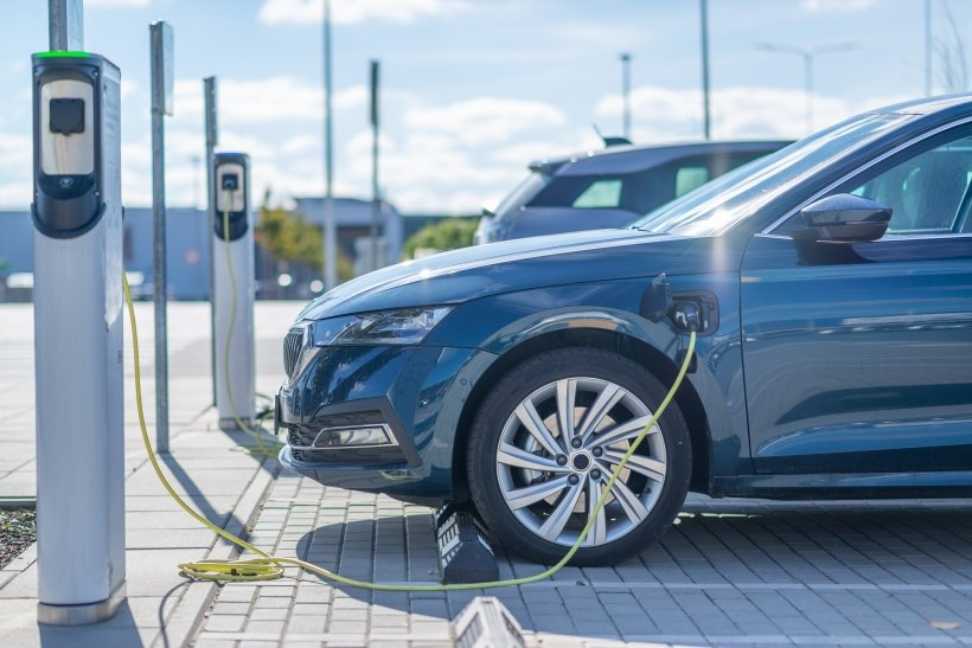Electric vehicles (EVs) have captured the imagination of the world, promising a cleaner, quieter, and more sustainable future for transportation. But beyond the headlines, what truly makes them significant? In this blog, we’ll delve into the various dimensions of this transformative technology, exploring its impact on the environment, economy, and our way of life.
Environmental Significance
Transportation is a major contributor to greenhouse gas emissions, accounting for roughly 14% globally. EVs offer a solution by producing zero tailpipe emissions, significantly reducing their impact on climate change. This is crucial for mitigating global warming and its associated consequences. Additionally, EVs have the potential to further reduce their environmental footprint when charged with renewable energy sources like solar or wind power.
Economic Significance
The EV revolution is not just an environmental win; it’s also an economic one. The sector is rapidly growing, creating new jobs in battery manufacturing, charging infrastructure, and vehicle design. This shift towards electrification can revitalize economies and foster innovation, leading to a more diverse and sustainable energy landscape. Moreover, EVs offer lower operational costs compared to gasoline-powered vehicles due to their higher energy efficiency and reduced maintenance needs. This translates to long-term savings for consumers and businesses alike.
Social Significance
Beyond the environment and economy, EVs have significant social implications. They contribute to cleaner air, particularly in urban areas plagued by smog and respiratory problems. This directly impacts public health and well-being. Additionally, EVs create quieter streets, improving noise pollution and enhancing the overall quality of life in communities.
Technological Innovation
The development of EVs drives advancements in battery technology, charging infrastructure, and electric motor design. These innovations spill over to other sectors, benefiting fields like renewable energy storage and portable electronics. This continuous push for innovation fuels a virtuous cycle, accelerating the transition towards a more sustainable future.
Challenges and the Road Ahead
Despite their numerous benefits, EVs face certain challenges. Range anxiety, charging infrastructure limitations, and higher initial costs compared to traditional vehicles are some of the hurdles to overcome. However, these challenges are being addressed rapidly. Battery ranges are increasing, charging networks are expanding, and government incentives are making EVs more affordable. Additionally, advancements in battery technology and manufacturing are expected to further bring down costs in the coming years.
The Significance of Individual Choices
While governments and industries play a crucial role in the EV transition, individual choices matter significantly. Opting for an EV, investing in solar panels for home charging, and advocating for policies that support clean transportation are all actions that contribute to a cleaner future.
Conclusion
The significance of electric vehicles goes beyond simply replacing gasoline-powered cars. They represent a paradigm shift towards a sustainable transportation system, with far-reaching implications for the environment, economy, and society. As the technology continues to evolve and challenges are addressed, EVs hold the potential to revolutionize the way we travel and live, paving the way for a cleaner and more sustainable future for all.
Feature image source:- http://tinyurl.com/y2f59x4h

